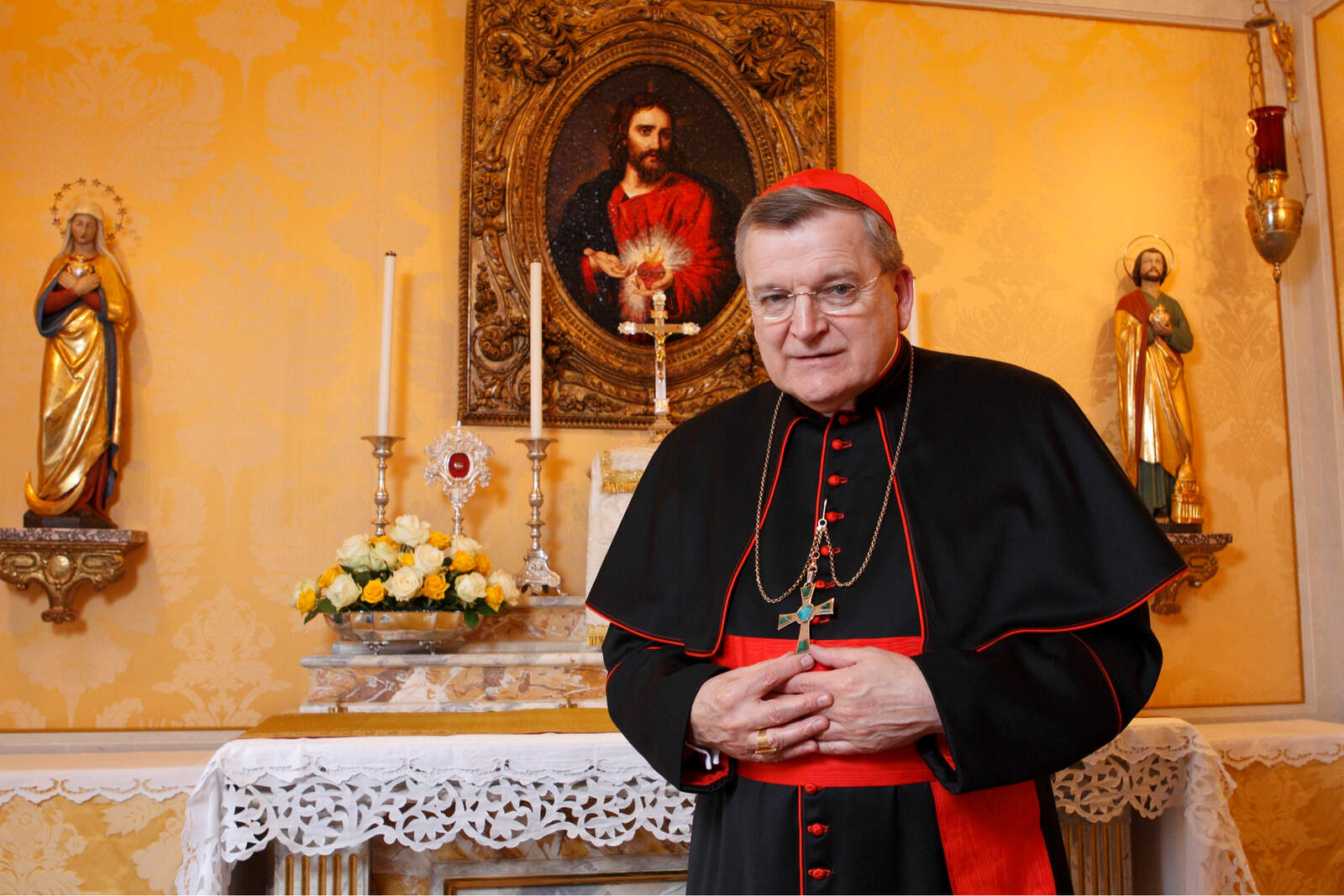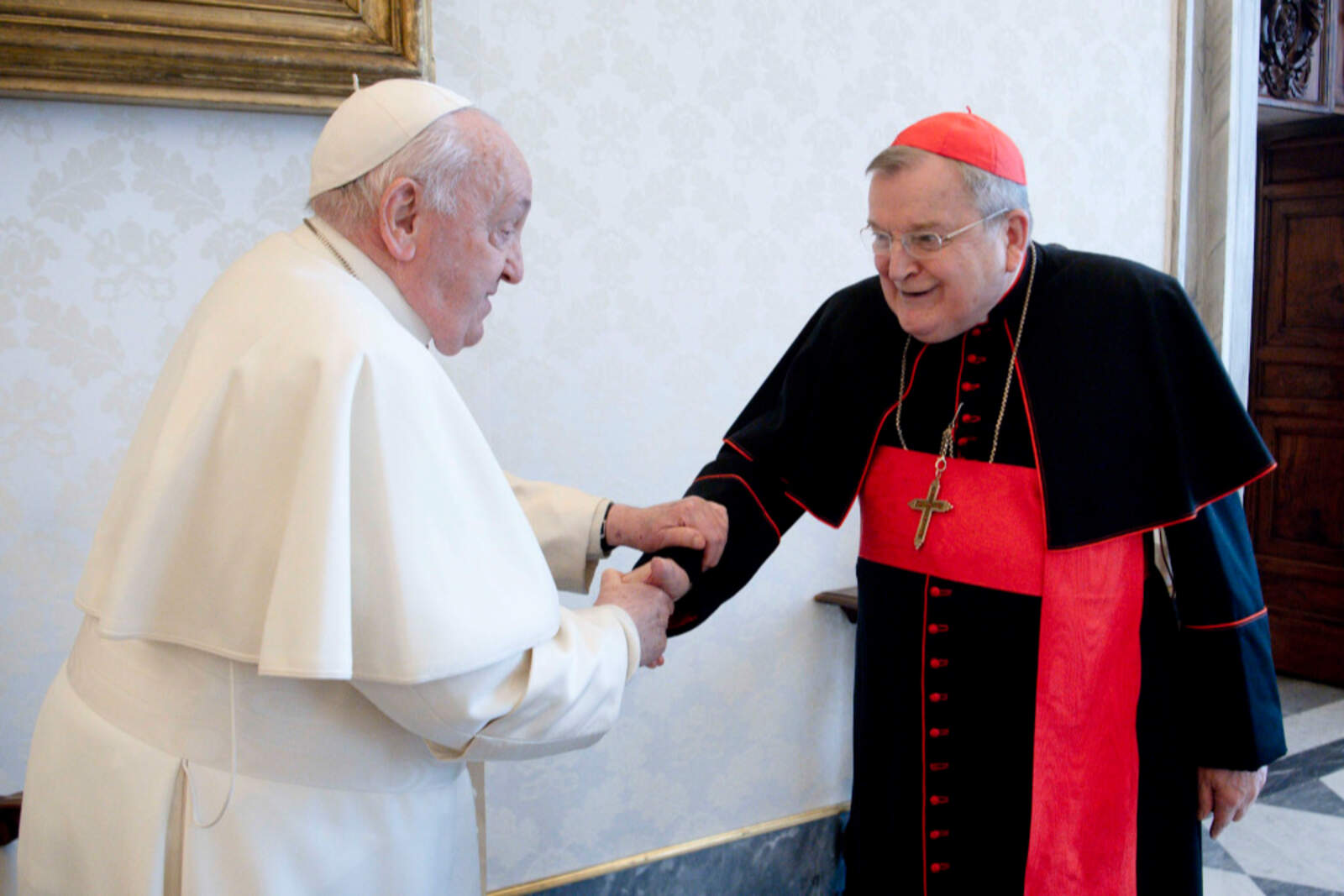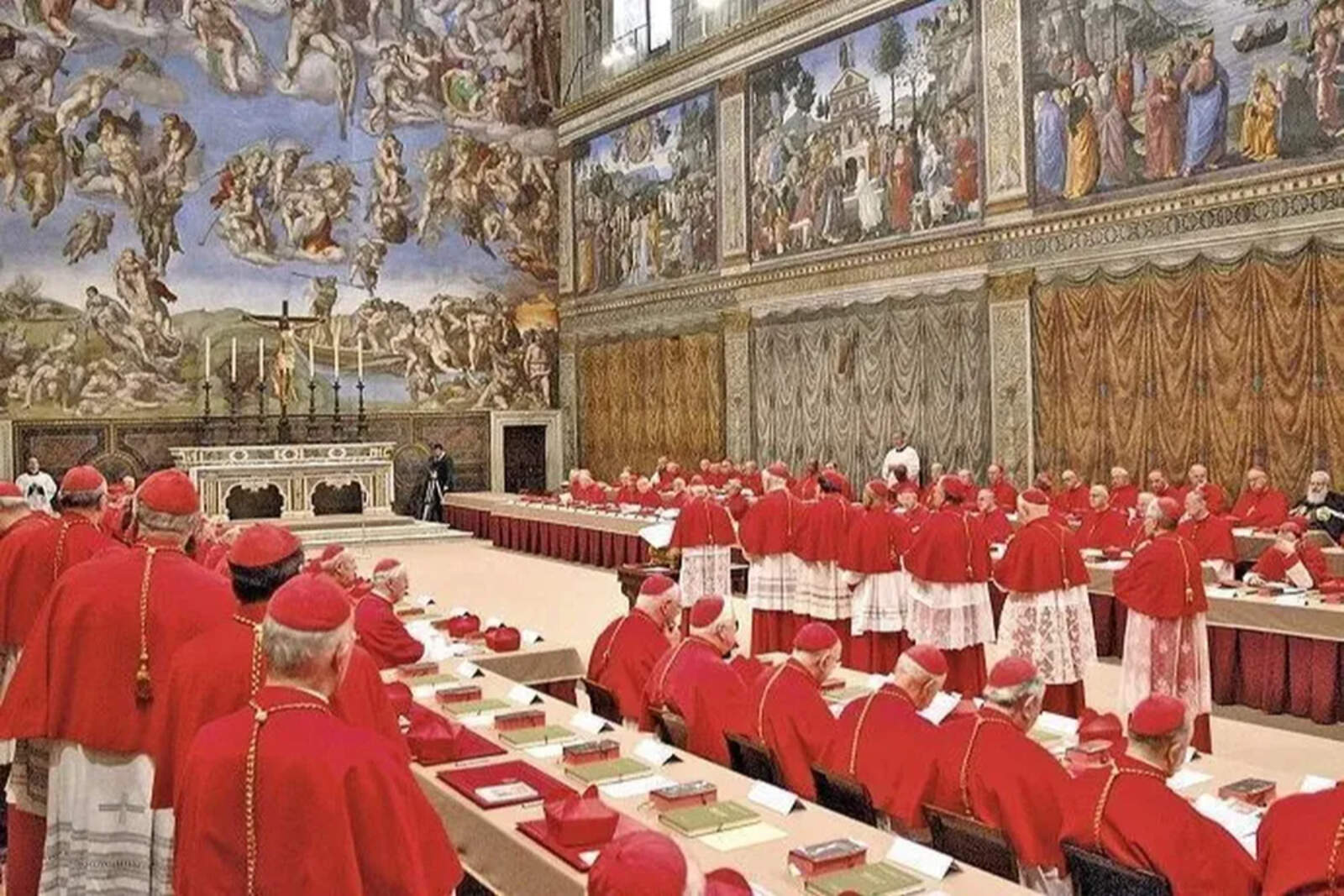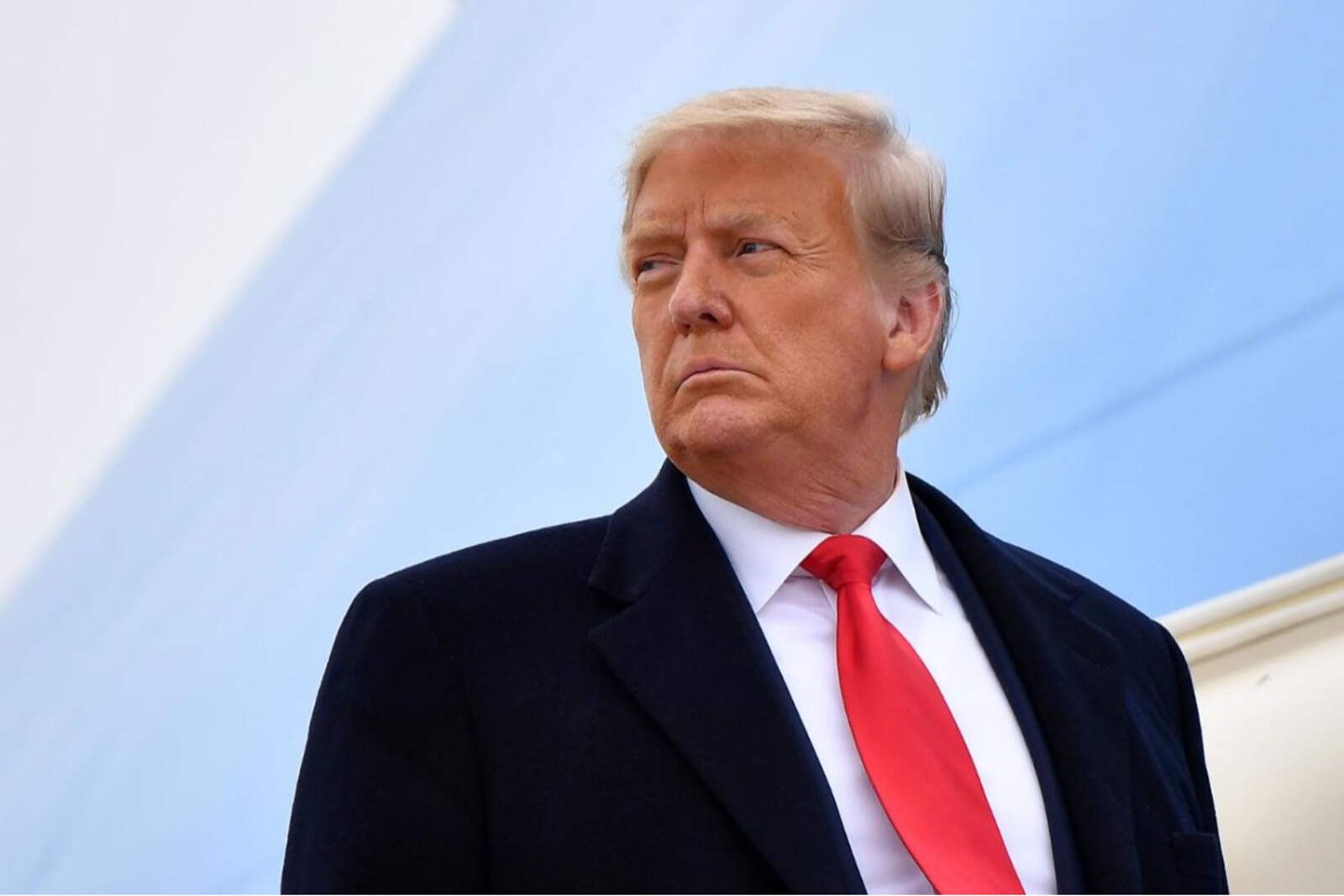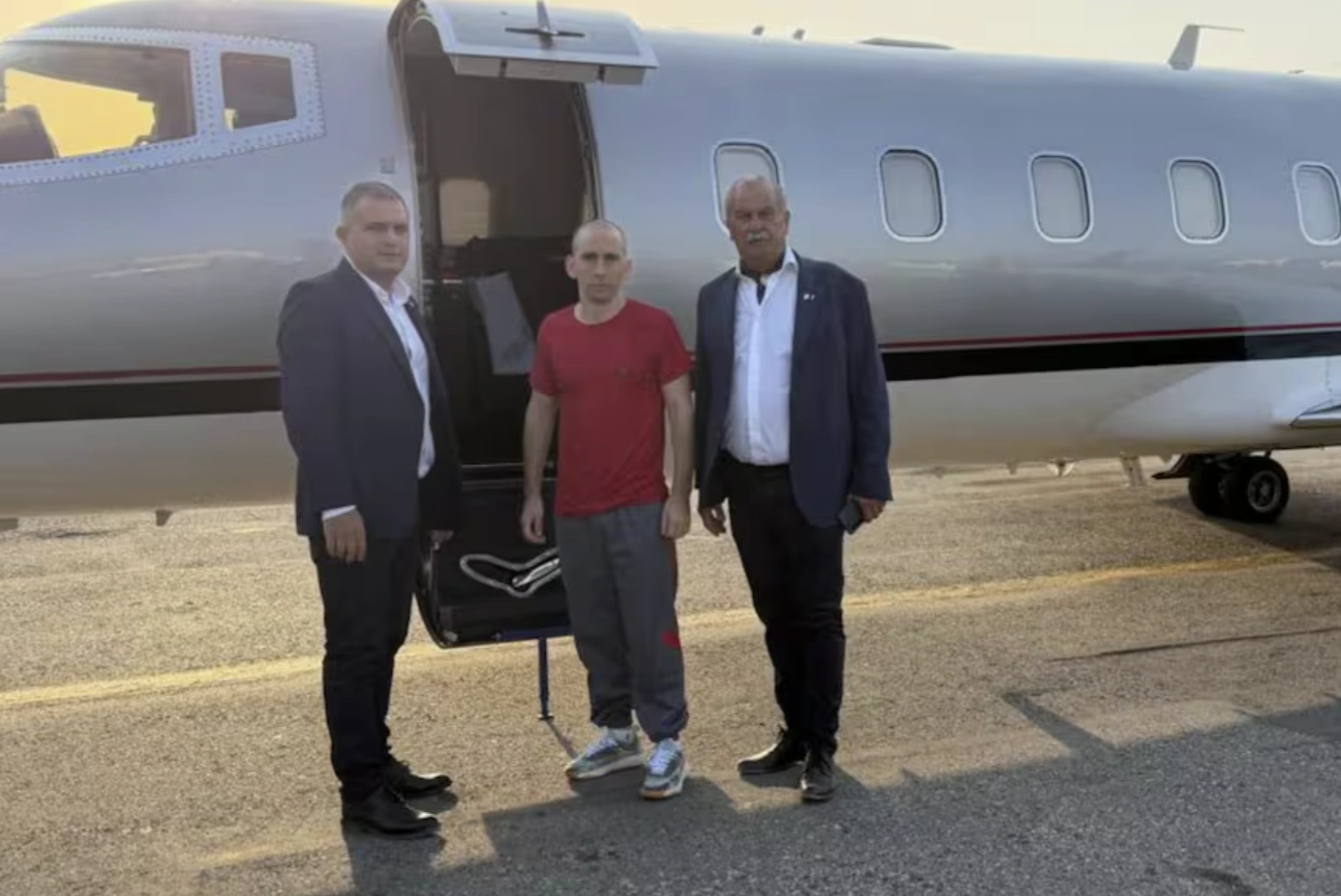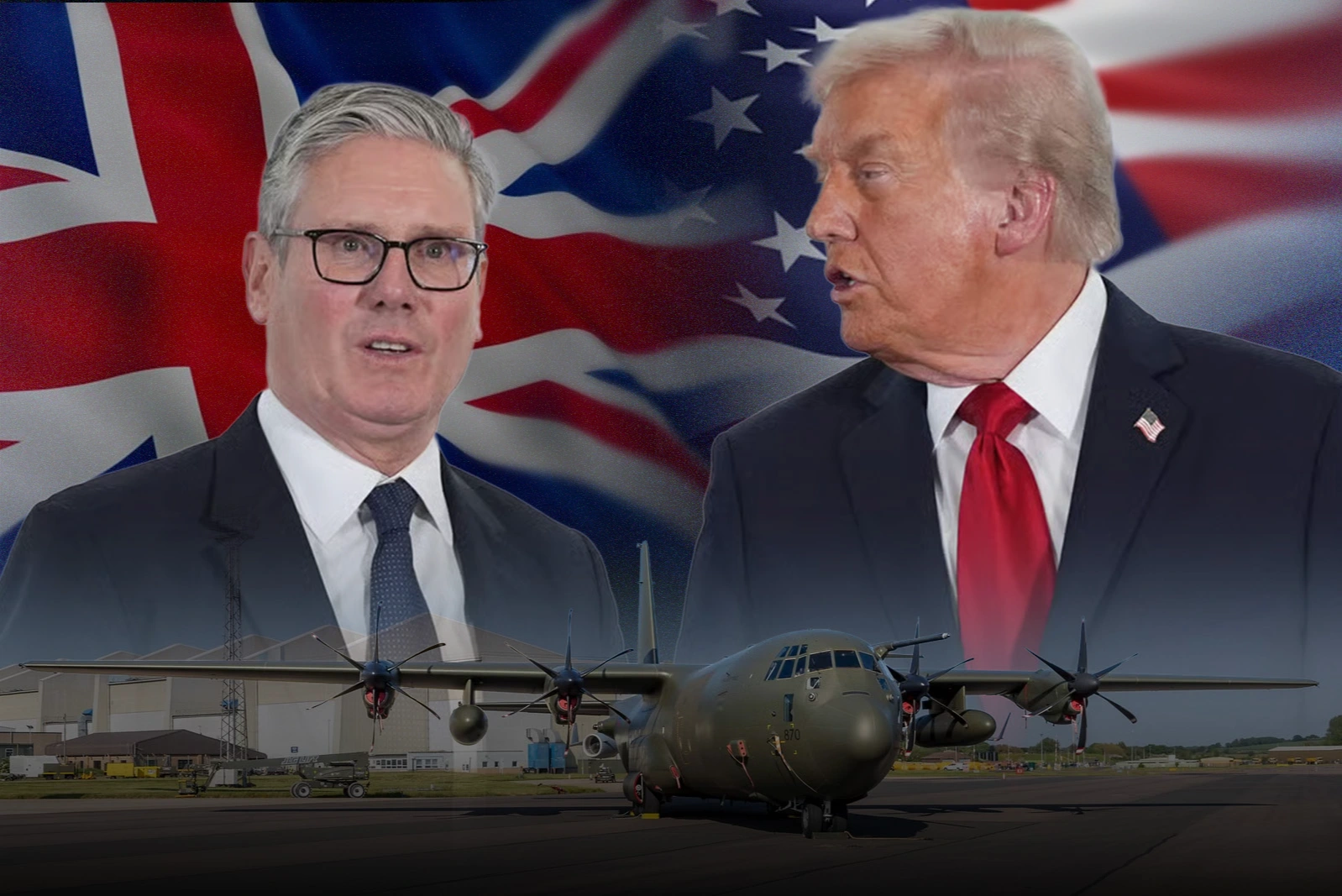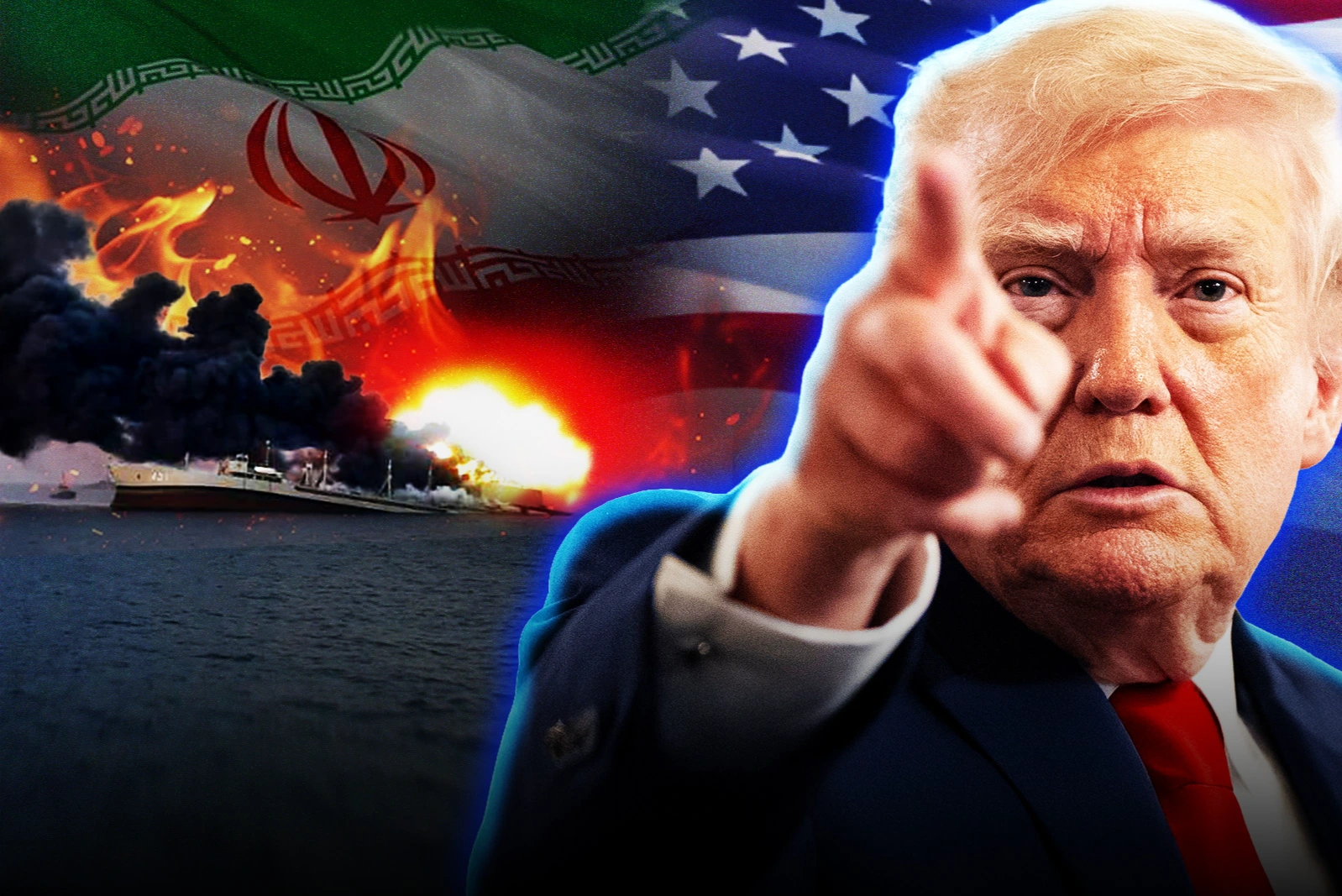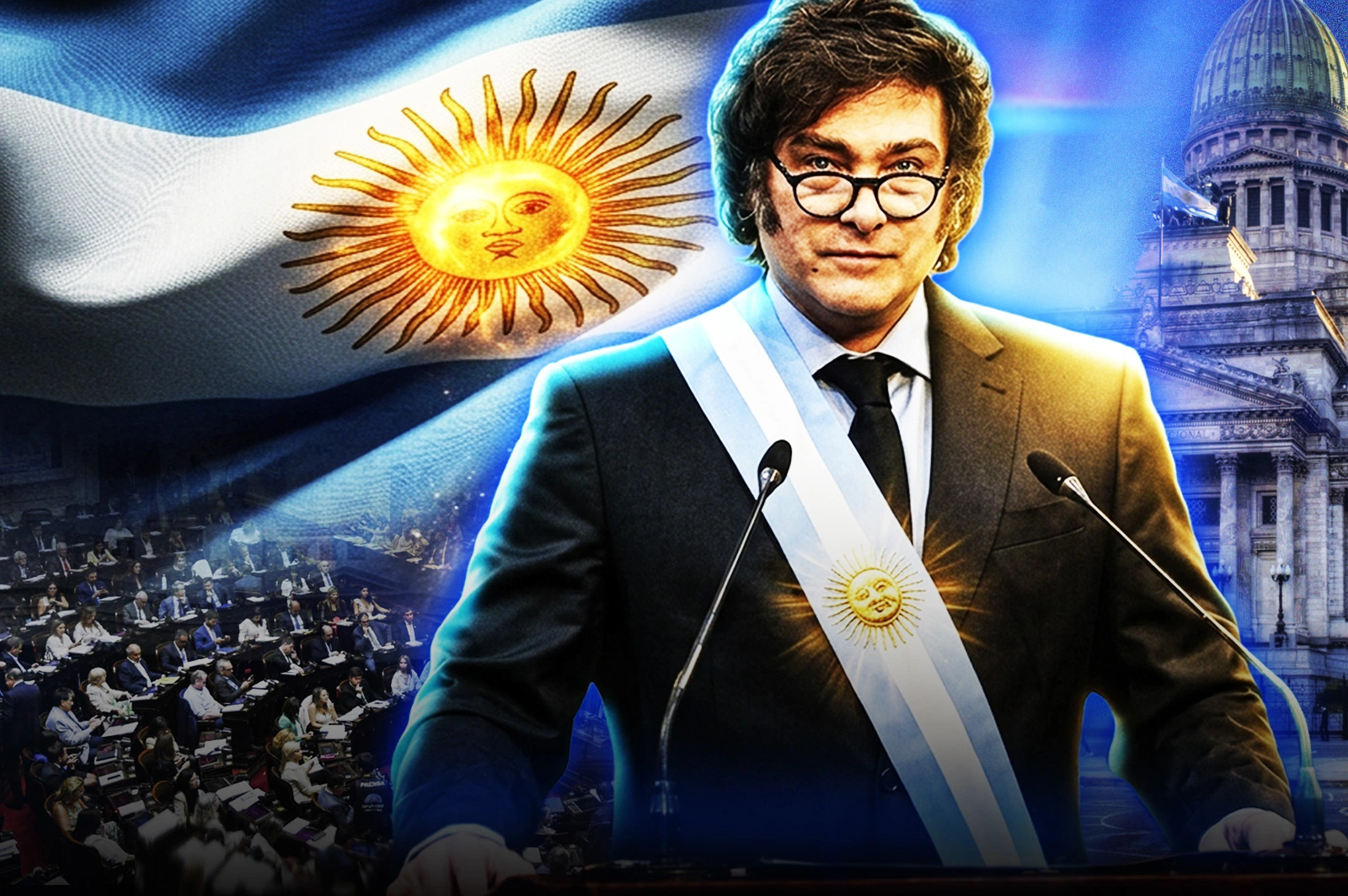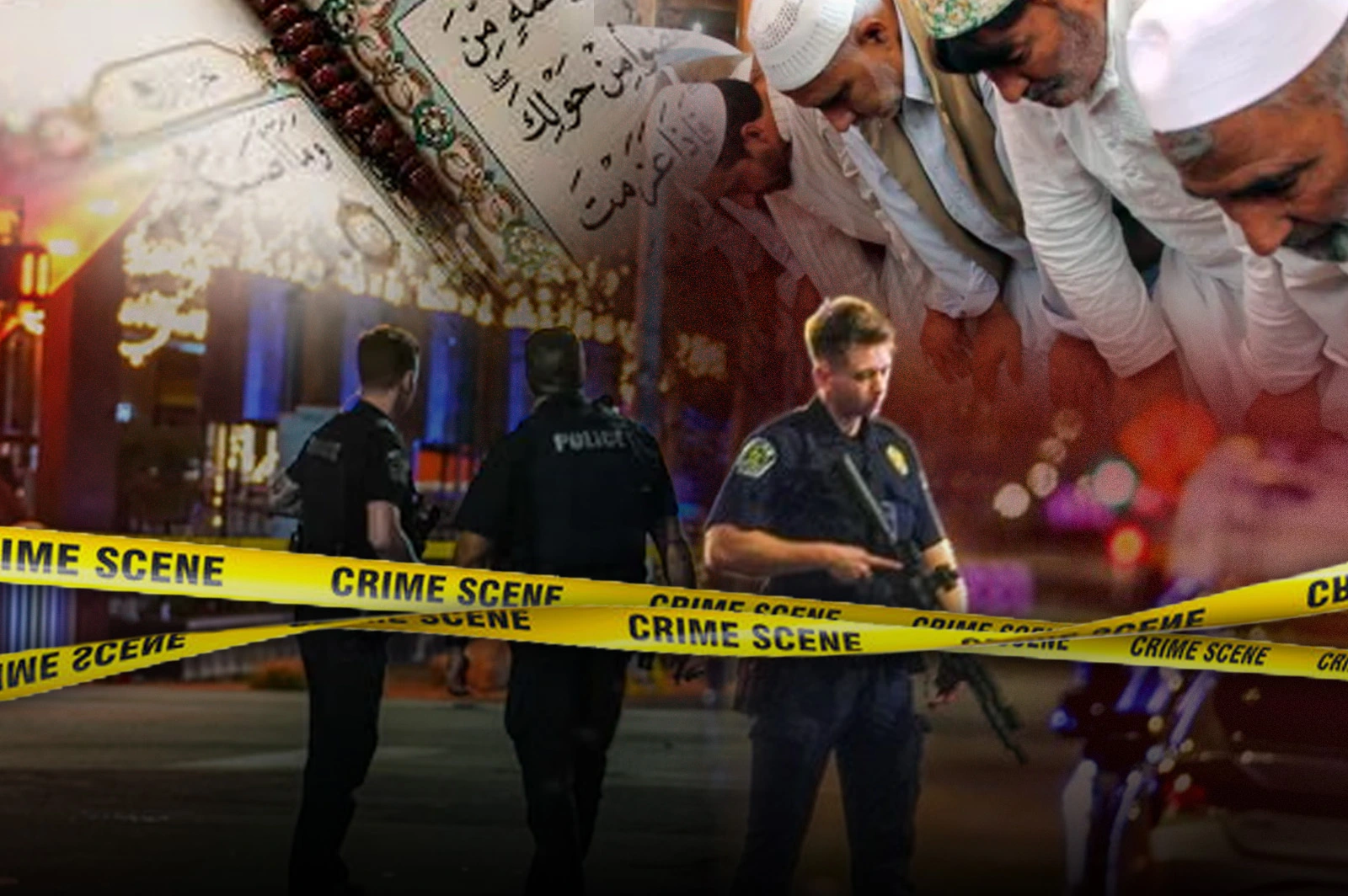Cardinal Raymond Leo Burke, one of the most recognized figures of the ultraconservative wing of the Catholic Church, has occasionally been mentioned as a possible successor to Pope Francis in a future conclave.
However, although his name appears in some speculations, the real probability of him being elected Pope is widely considered low within ecclesiastical and Vatican circles, due to both his conservative profile and his tense relationship with the late pontiff.
Born in the United States in 1948, Burke has developed a distinguished ecclesiastical career, holding important positions such as Prefect of the Supreme Tribunal of the Apostolic Signatura—the equivalent of the Vatican's Supreme Court—until he was removed by Pope Francis in 2014.
Since then, he has been one of the most critical voices of the current pontificate, positioning himself as a reference for the opposition to the reforms promoted from Rome.
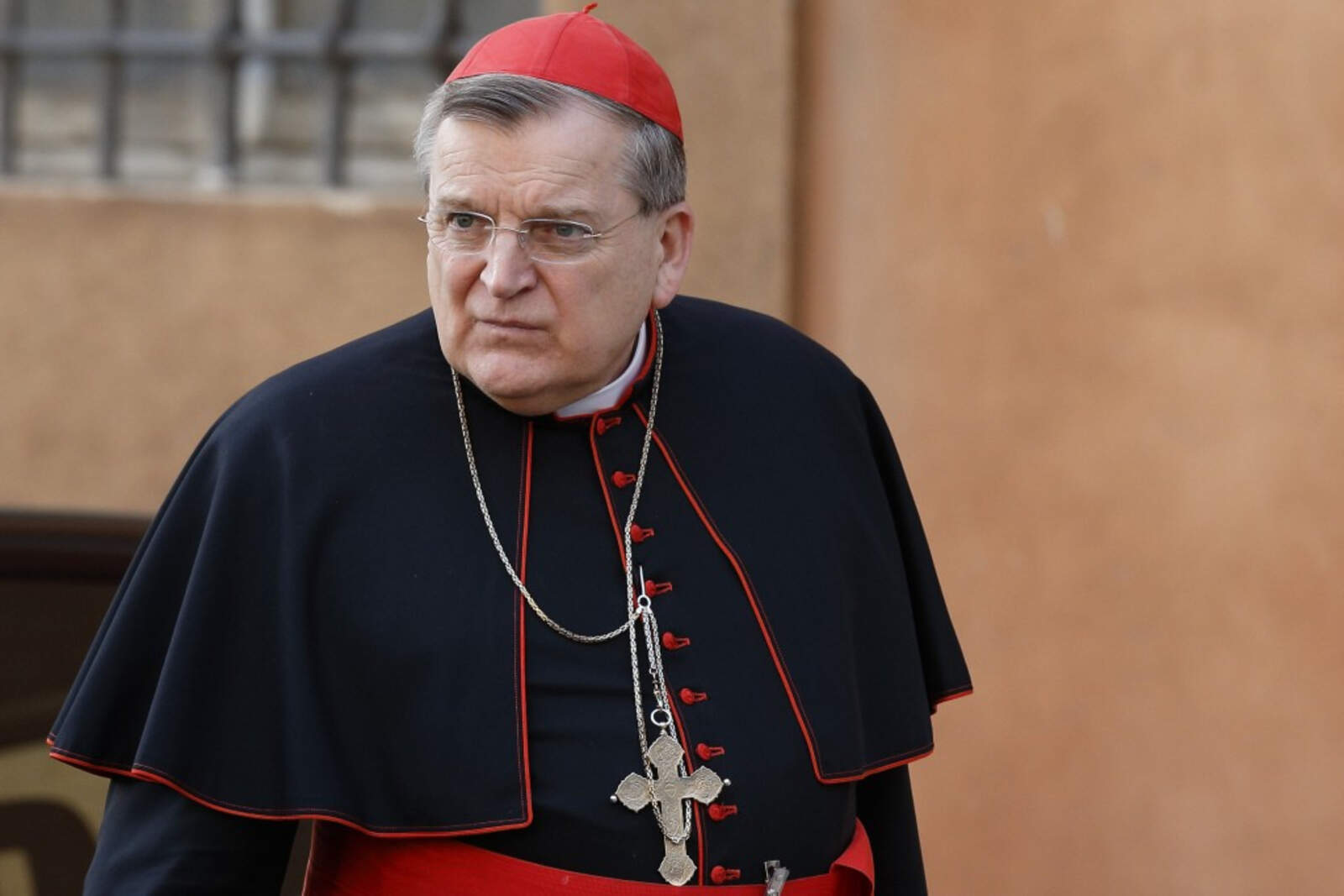
Burke has firmly spoken out against initiatives by Pope Francis such as the opening to communion for divorced and remarried individuals, synodality (greater participation of the people of God in the governance of the Church), and more recently, the possibility of blessings for same-sex couples. He believes these reforms undermine the traditional doctrine of the Church and create confusion among the faithful.
His stances have made him an icon for certain conservative sectors within and outside the Vatican, especially among the more traditionalist Catholics who feel disoriented or dissatisfied with the reformist direction of the current pontificate.
However, this same doctrinal firmness has contributed to his isolation within the Roman Curia and has limited his direct influence on Vatican decisions.
In 2023, in a move interpreted as a clear sign of disapproval, Pope Francis withdrew some of Burke's privileges, such as the use of an apartment in the Vatican and the salary assigned by the Holy See, alleging that he was using these resources to openly attack the pontiff.
This decision not only highlighted the deterioration of the relationship between the two, but also marked a dividing line between the current power core in the Church and those who resist the reforms.

